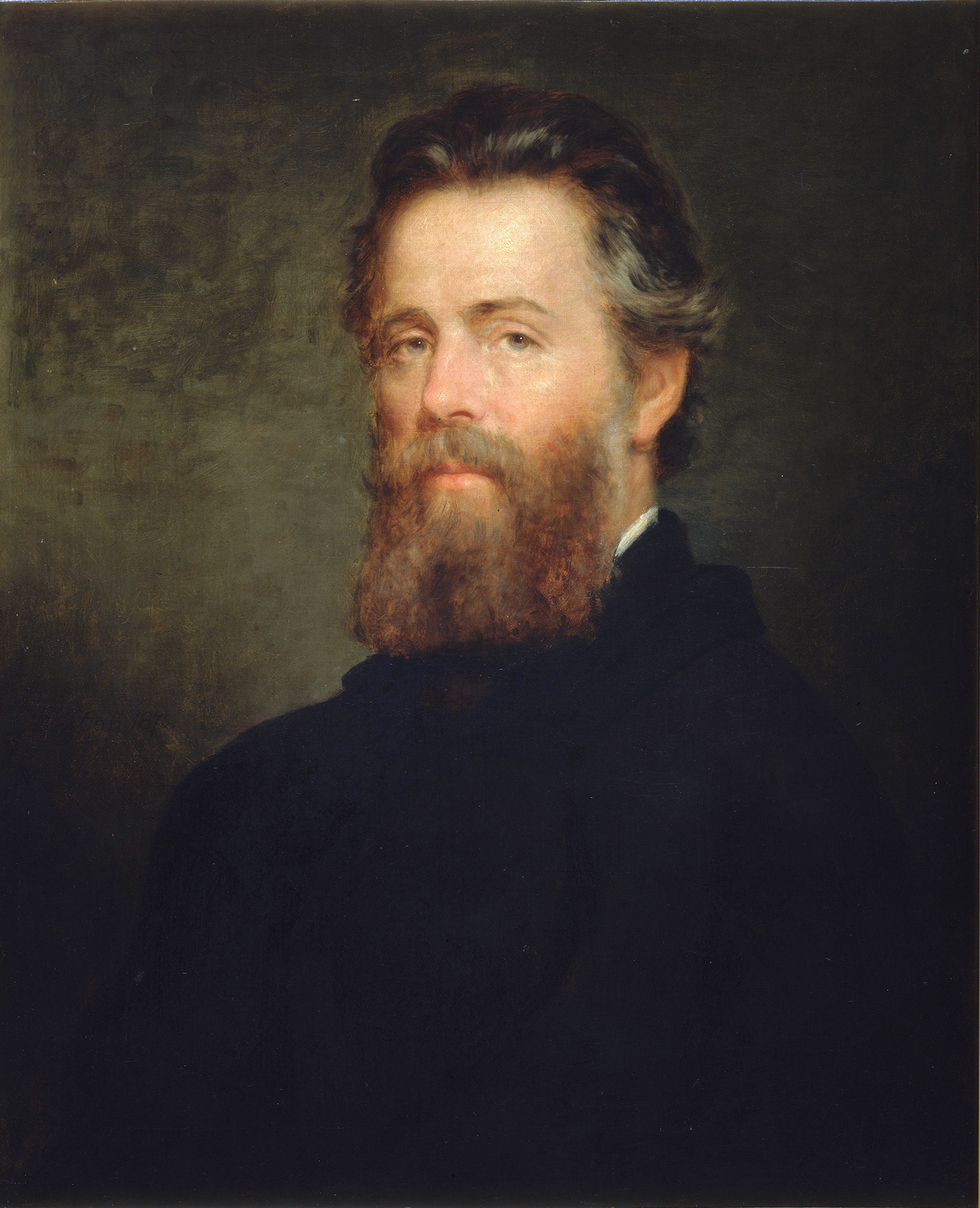Herman Melville najznámejšie citáty
Herman Melville: Citáty v angličtine
Zdroj: The Confidence-Man: His Masquerade (1857), Ch. 5
Benito Cereno, Putnam's Monthly ( October 1855 http://books.google.com/books?id=TlYAAAAAYAAJ&q=%22In+armies+navies+cities+or+families+in+nature+herself+nothing+more+relaxes+good+order+than+misery%22&pg=PA356#v=onepage)
“Many sensible things banished from high life find an asylum among the mob.”
Zdroj: White-Jacket (1850), Ch. 7
Letter to Samuel Savage (24 August 1851), as published in The Writings of Herman Melville : The Northwestern-Newberry Edition (1993), edited by Lynn Horth, Vol. 14, p. 203
“I found that but to glean after this man, is better than to be in at the harvest of others.”
Hawthorne and His Mosses (1850)
“Nothing so aggravates an earnest person as a passive resistance.”
Bartleby, the Scrivener (1853)
Timoleon, Fragments of a Lost Gnostic Poem of the Twelfth Century, Fragment 2
Since at least 1954 this has also been published at times as "Truth is forced to fly like a sacred white doe…", apparently a typographical error.
Hawthorne and His Mosses (1850)
This statement is usually attributed entirely to Melville, but the way he presents it in the story indicates that he might be quoting a lesser known author.
Zdroj: Billy Budd, the Sailor (1891), Ch. 21
“It is hard to be finite upon an infinite subject, and all subjects are infinite.”
Hawthorne and His Mosses (1850)
Letter to Nathaniel Hawthorne (July 1851); published in Memories of Hawthorne (1897) by Rose Hawthorne Lathrop, p. 158
Hawthorne and His Mosses (1850)
I would to God Shakspeare had lived later, & promenaded in Broadway. Not that I might have had the pleasure of leaving my card for him at the Astor, or made merry with him over a bowl of the fine Duyckinck punch; but that the muzzle which all men wore on their soul in the Elizebethan day, might not have intercepted Shakspers full articulations. For I hold it a verity, that even Shakspeare, was not a frank man to the uttermost. And, indeed, who in this intolerant universe is, or can be? But the Declaration of Independence makes a difference.—There, I have driven my horse so hard that I have made my inn before sundown.
Letter to Evert Augustus Duyckinck (3 March 1849); published in The Letters of Herman Melville (1960) edited by Merrell R. Davis and William H. Gilman, p. 79
“The drama's done. Why then here does any one step forth?”
Because one did survive the wreck.
Epilogue
Moby-Dick: or, the Whale (1851)
